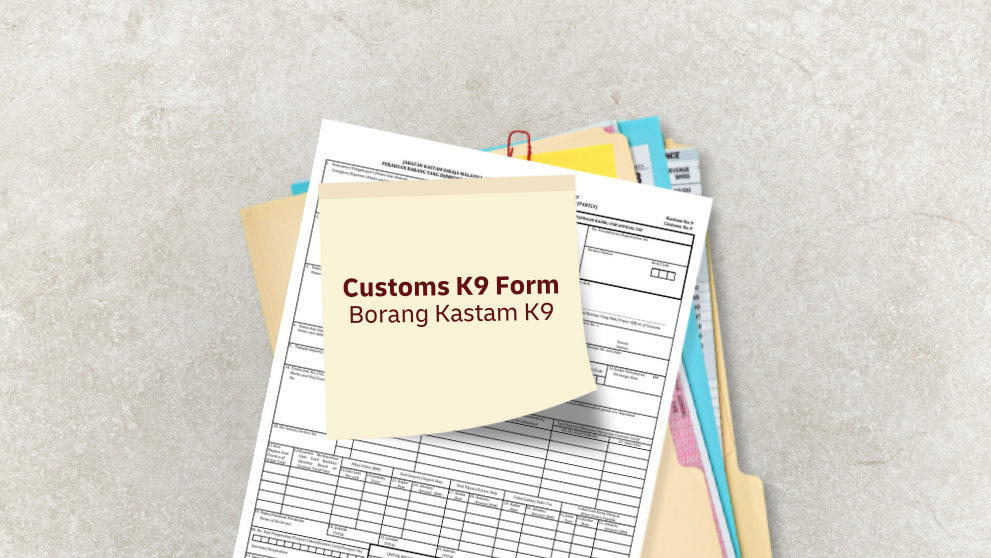If you’ve ever tried to import goods into another country, you probably know the importance of understanding customs laws and regulations. While importing is advantageous to your business, it can be incredibly complex and overwhelming when you don’t know what you’re doing.
This guide will help you understand how to import goods through customs, including the proper use of Harmonised Tariff Schedule (HTS), Schedule B and the Harmonised System (HS) or HSN codes, so that there are no hold ups or delays when it comes to shipments getting into your hands
All About HSN, HTS & Schedule B Codes
Are HSN and HTS the same? While exporters use both to classify products, there is a difference that most tend to overlook, causing mistakes to arise.
The Harmonised System of Nomenclature code, or HSN, contains 6-digit numbers used by global authorities to classify globally traded goods. The HTS, or the Harmonised Tariff Schedule code, on the other hand, is a 10-digit classification system used by some countries, such as the United States. All products imported into these countries have to abide by the country’s HTS code. Schedule B, on the other hand, is used to track the number of goods being exported from the United States and does not provide any information on duty rates. Whether you’re classifying your goods on the Schedule B or using the codes set out by the different tariff schedules, it’s important to understand that it’s both the exporters and importer’s responsibility to use the correct codes. Any incorrect code applied can result in underpaying or overpaying duties and cause significant consequences.
Problems Caused by Incorrect Use of Tariff Schedule Code
Unfortunately, incorrectly classifying codes on imports or exports can be labelled as fraud and result in certain sanctions. Here are some of the repercussions regarding wrongful use of tariff codes:
Fines: Customs authorities may levy steep fines and penalties, placing a greater financial burden on you.
Rejection of import-export privileges: Your entitlements or concessions like Goods and Services Tax claims can be denied, leading to difficulties in fulfilling shipments in the future.
Delayed or denied refunds: In the event you paid a higher duty fee, your refund may be denied, or you may go through a lengthy process to claim the refund which can take up significant time and money.
Payment of difference: Should you have underpaid your duties, you’ll need to compensate for the difference and this may cause financial difficulties since you did not foresee the increased shipping expenditure.
Confiscation: Your goods may also be confiscated if you underpaid your duties. You can only receive your goods back upon paying fines and submitting specific documents, delaying shipments to customers.
Additional expenses & delays: Goods detained may take up storage charges in customs and you may incur demurrage fees for failure to load your goods on a designated chartered ship.
Since filing the correct tariff classification is crucial when exporting goods, hiring a customs broker might impose far fewer expenses than the potential costs that may arise from incorrect categorisation.


